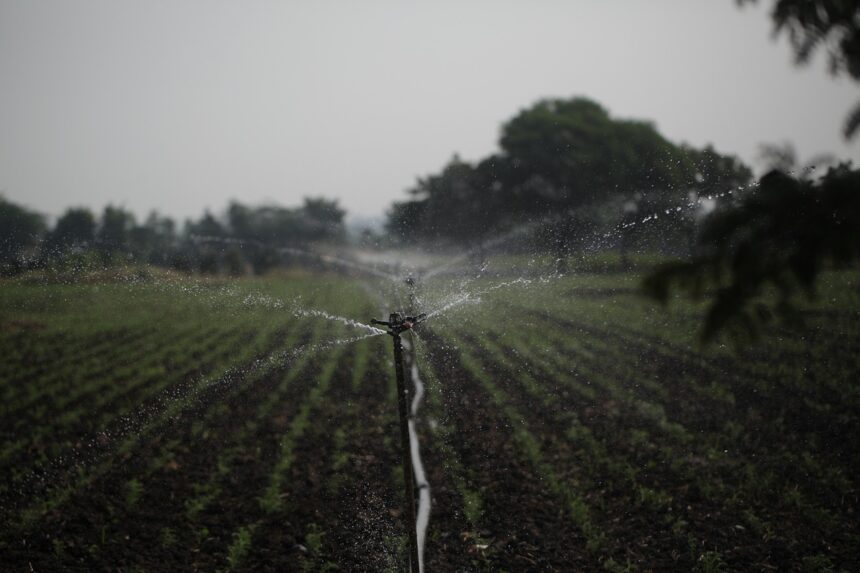Key Highlights:
- The Indian government is embracing Artificial Intelligence (AI) to tackle water management challenges like wastage, scarcity, and distribution.
- Initiatives like the National Water Mission and Atal Bhujal Yojana are integrating AI to promote sustainable practices.
- AI applications in water management include real-time monitoring, predictive analytics, and optimized distribution systems.
Transforming Water Management with AI in India
India is no stranger to water crises, with growing demand, unpredictable rainfall patterns, and depleting groundwater posing severe challenges. To combat these issues, the Indian government is turning to cutting-edge technology like Artificial Intelligence (AI) to make water management smarter and more efficient.
AI is proving to be a game-changer by offering tools to monitor water quality, predict supply and demand, and optimize distribution. With AI’s ability to process vast amounts of data, policymakers and water managers are now equipped with actionable insights to address these challenges proactively.
Key Government Initiatives
National Water Mission (NWM)
Under the National Action Plan for Climate Change, the National Water Mission focuses on water conservation and efficient usage. A major goal of the mission is to enhance water-use efficiency by 20%, and AI is being integrated to help achieve this target. AI technologies are being used to monitor water flows and detect wastage in real time, ensuring better resource allocation.
Atal Bhujal Yojana (Atal Jal)
The Atal Bhujal Yojana is a government initiative aimed at managing India’s groundwater sustainably. Groundwater accounts for a significant portion of India’s water supply, yet it remains under immense pressure. By using AI for groundwater mapping and monitoring, the program ensures data-driven decision-making to conserve this vital resource.
National Hydrology Project (NHP)
The National Hydrology Project is another flagship program aimed at improving water resource data management. AI tools, combined with the Internet of Things (IoT), are being deployed for real-time data collection, enabling authorities to predict and respond to water-related issues such as floods, droughts, and contamination more effectively.
How AI Is Revolutionizing Water Management
- Real-Time Monitoring: AI-powered sensors are being installed across water distribution networks to detect leaks, contamination, and inefficiencies. This data helps ensure a steady supply of safe water while minimizing wastage.
- Predictive Analytics: By analyzing past and present data, AI models predict future water needs, helping authorities plan better for agricultural, industrial, and domestic use. For example, regions prone to water shortages can receive proactive interventions based on these forecasts.
- Efficient Distribution: AI technologies optimize water distribution systems by analyzing demand patterns and managing supply accordingly. This ensures equitable access to water across urban and rural areas, reducing the gap between water availability and need.
Challenges and How They’re Being Addressed
Adopting AI in water management isn’t without hurdles. High costs, lack of technical expertise, and infrastructure gaps are some challenges that need attention. However, the government is taking steps to address these issues:
- Financial Support: Subsidies and grants are being provided to facilitate the adoption of AI tools, especially for municipal bodies and water utilities.
- Training Programs: Capacity-building initiatives are empowering water resource managers with the skills to leverage AI technologies effectively.
- Policy Reforms: Clear regulatory frameworks are being introduced to promote transparency and data sharing, making it easier for AI systems to function efficiently.
A Smarter Future for India’s Water Resources
India’s adoption of AI in water management reflects its commitment to addressing one of its most pressing challenges. These efforts are not just about technology but also about sustainability and equity—ensuring that every drop of water is used wisely and reaches those who need it most.
By continuing to invest in AI-driven solutions, India is paving the way for a future where water is managed smartly and sustainably, ensuring its availability for generations to come.


Leave a Reply